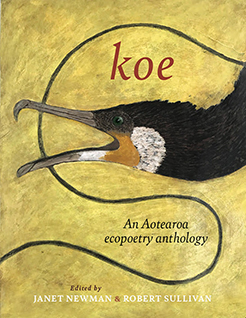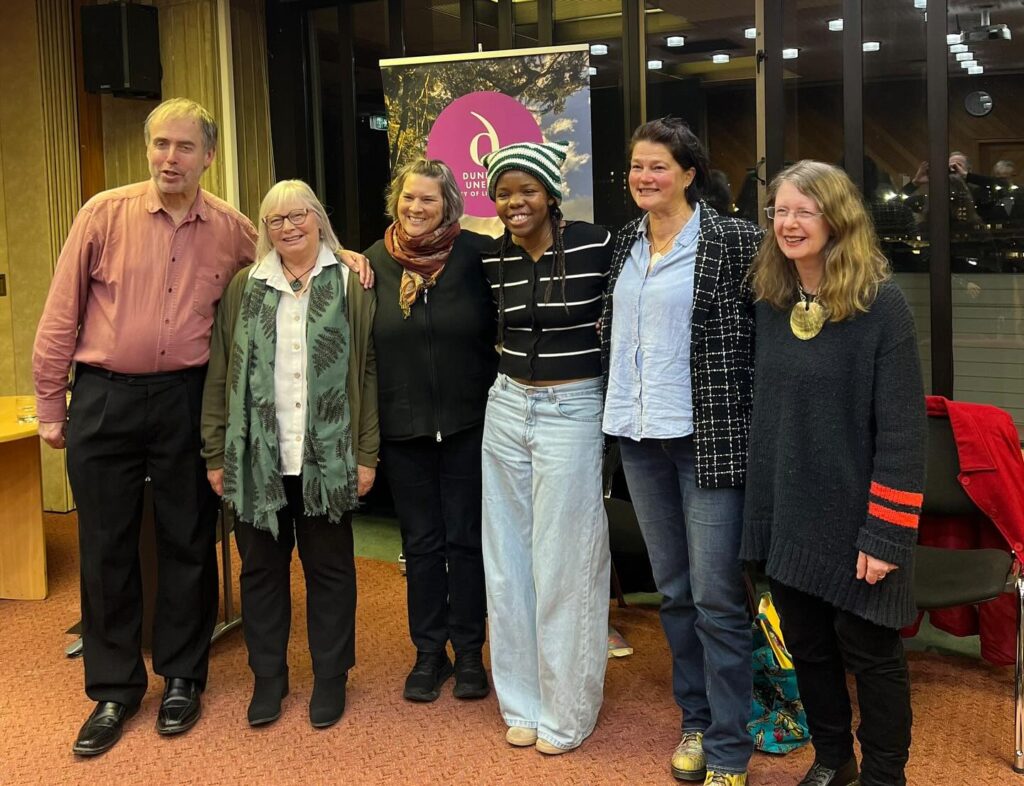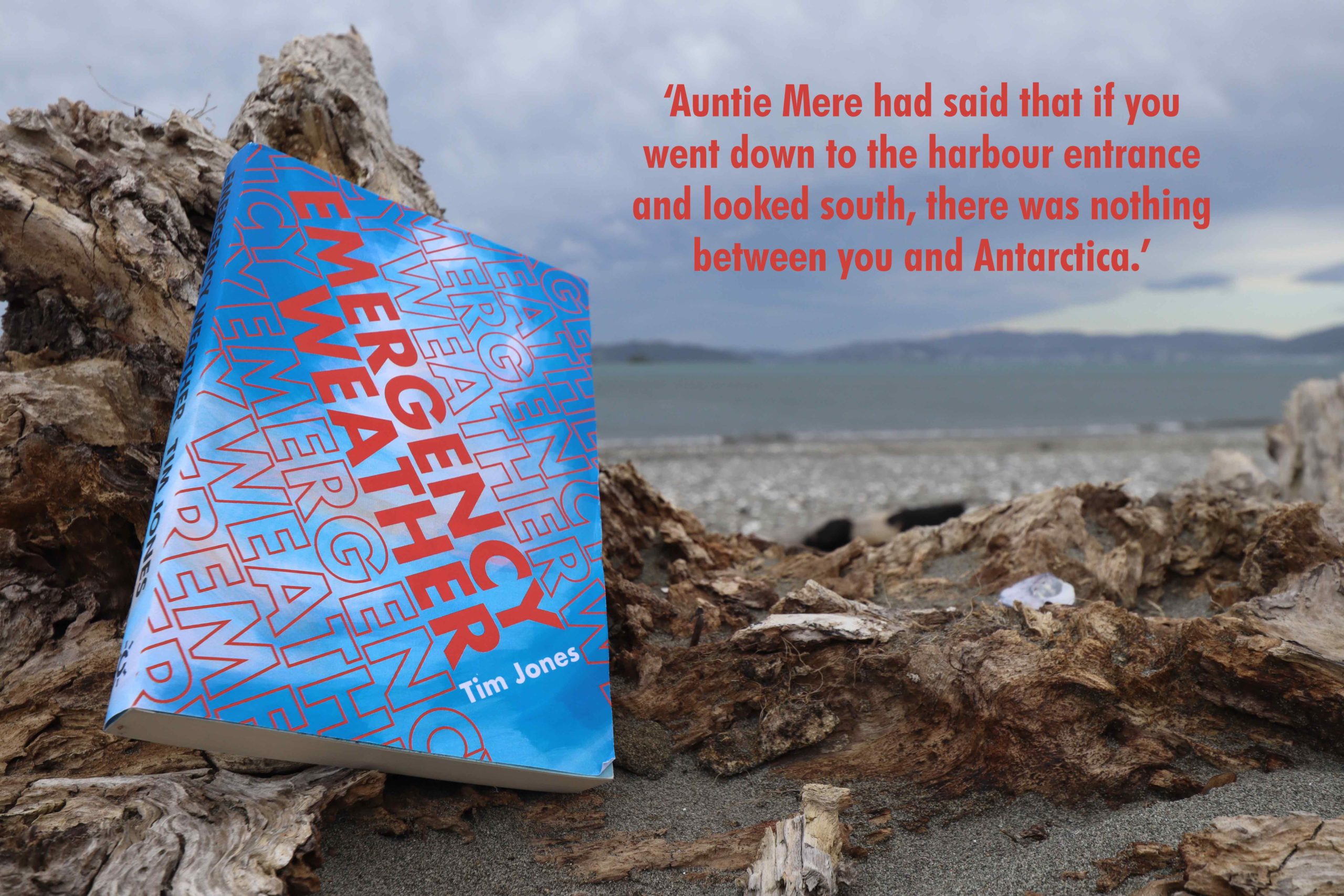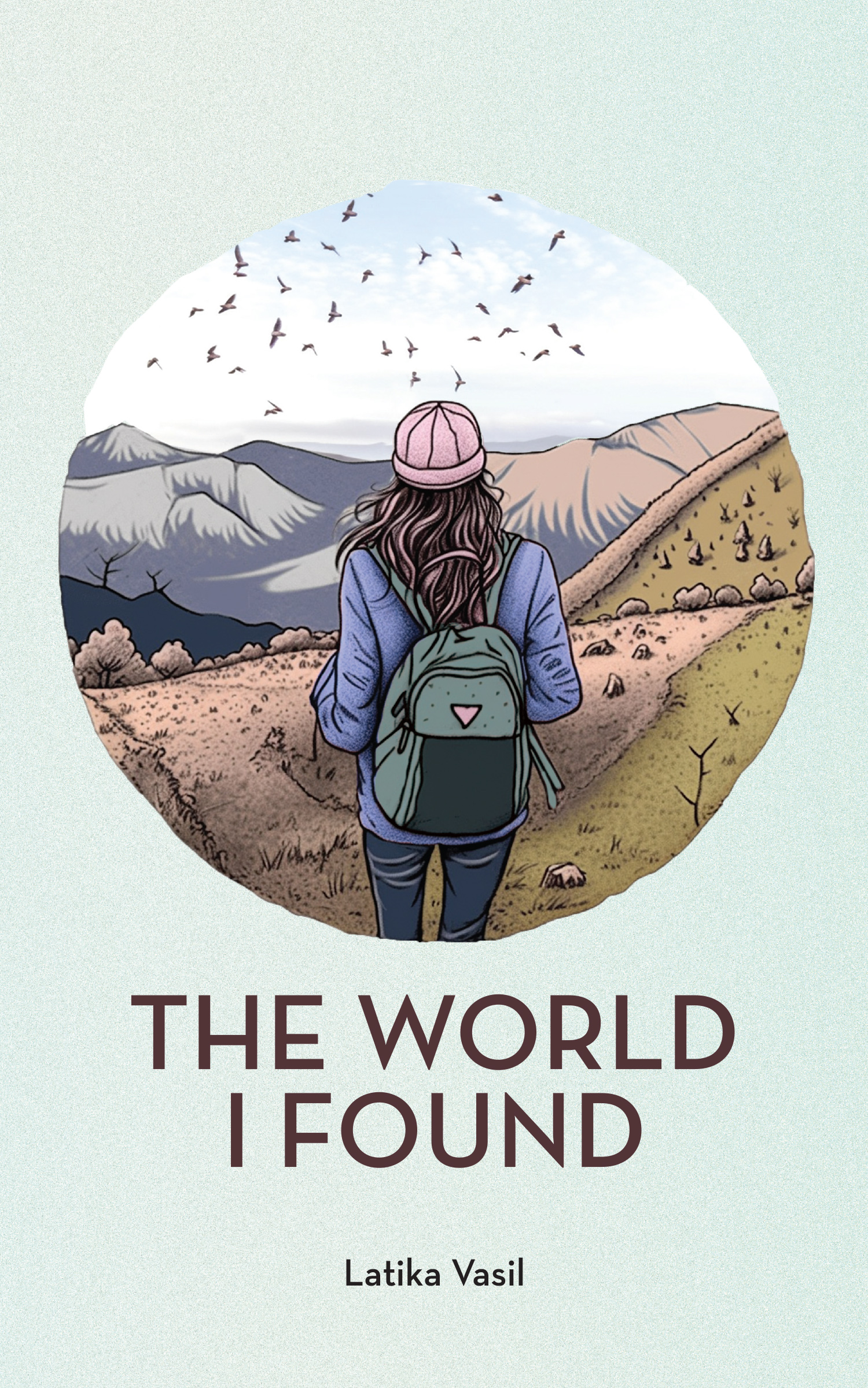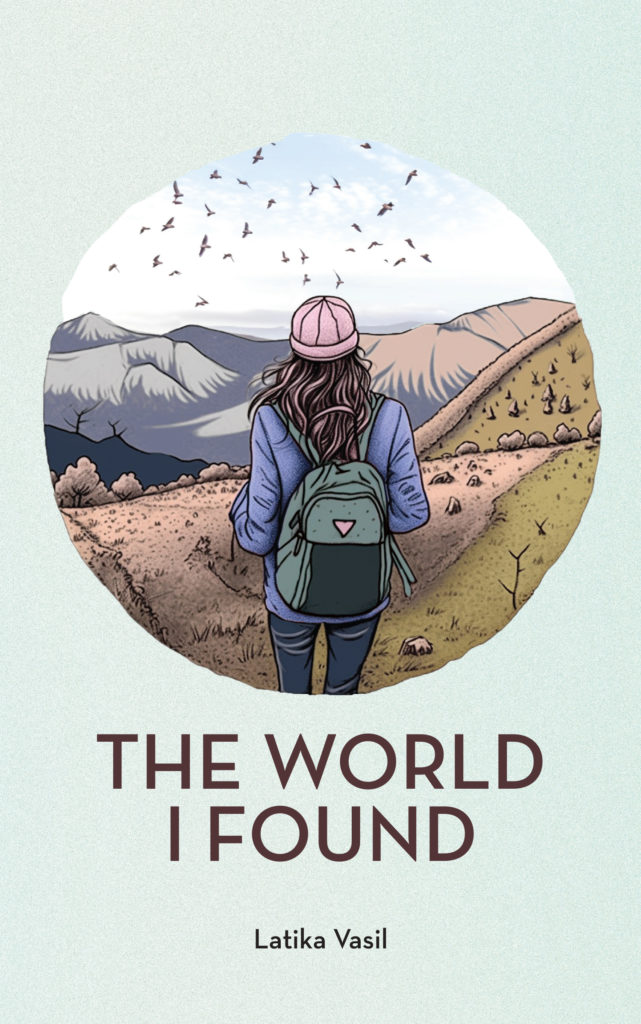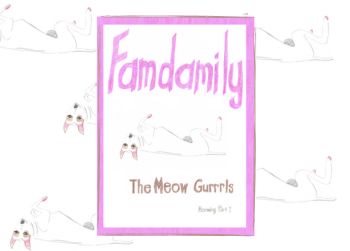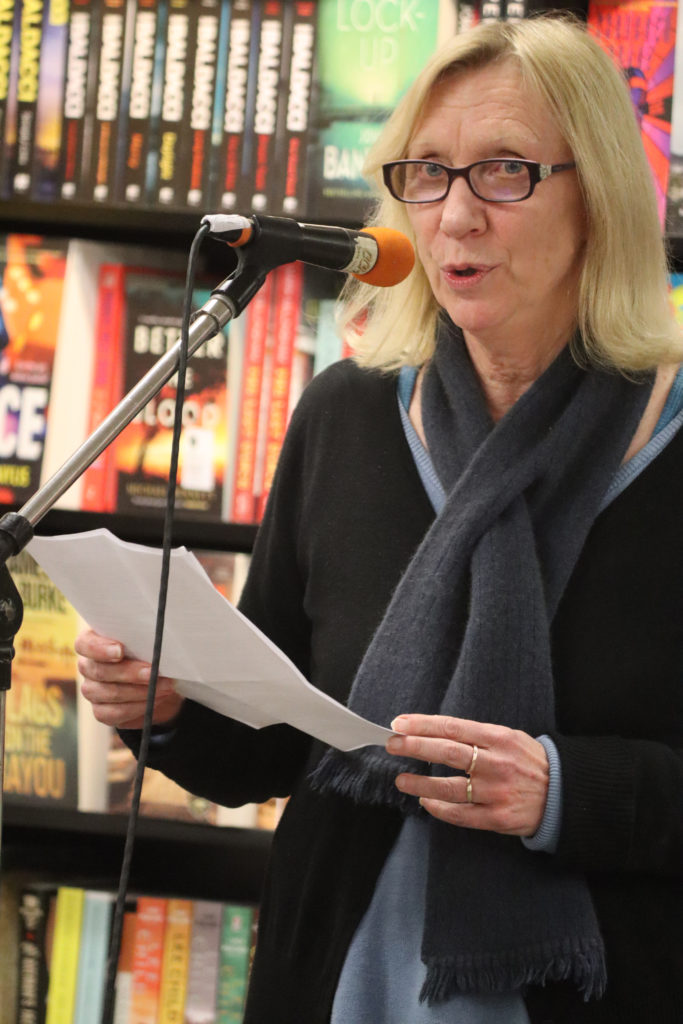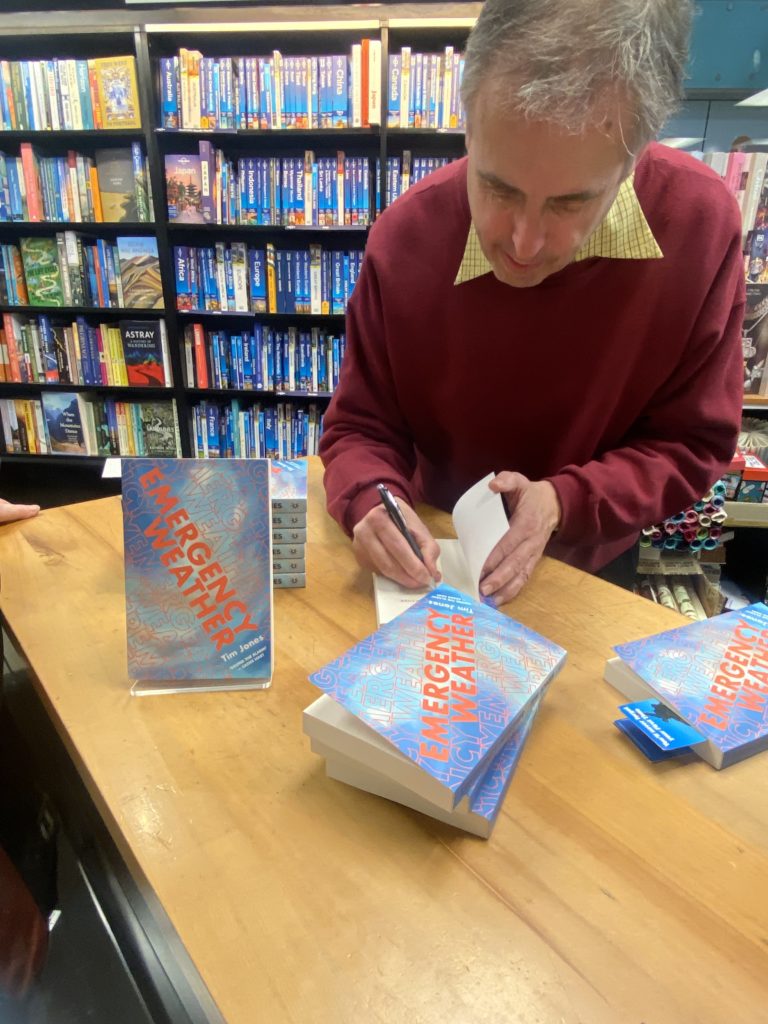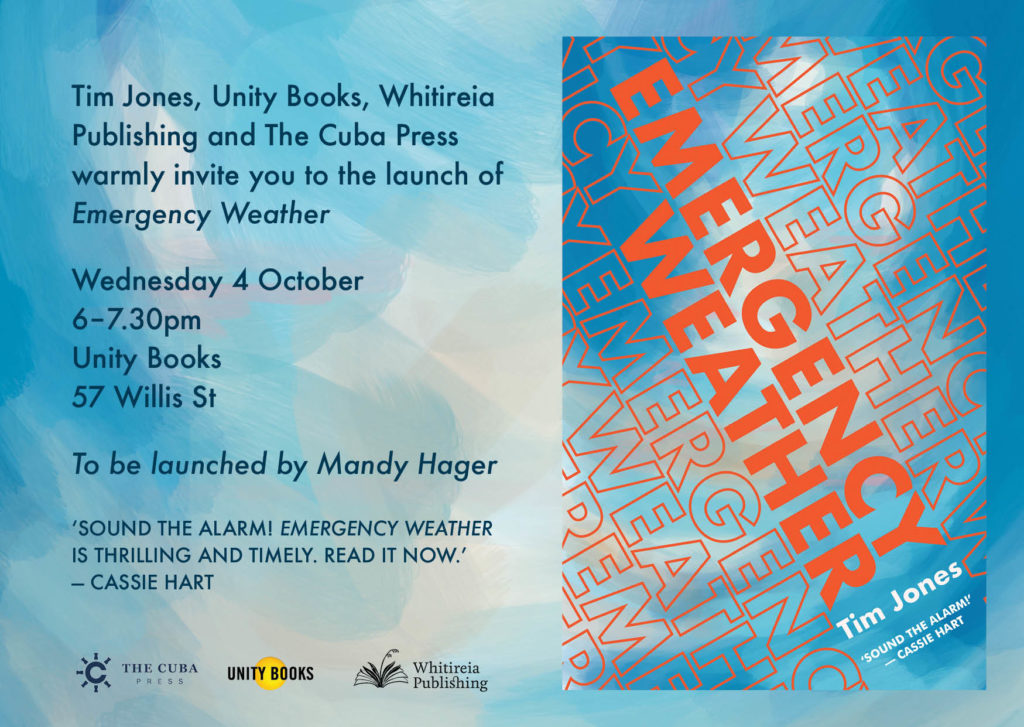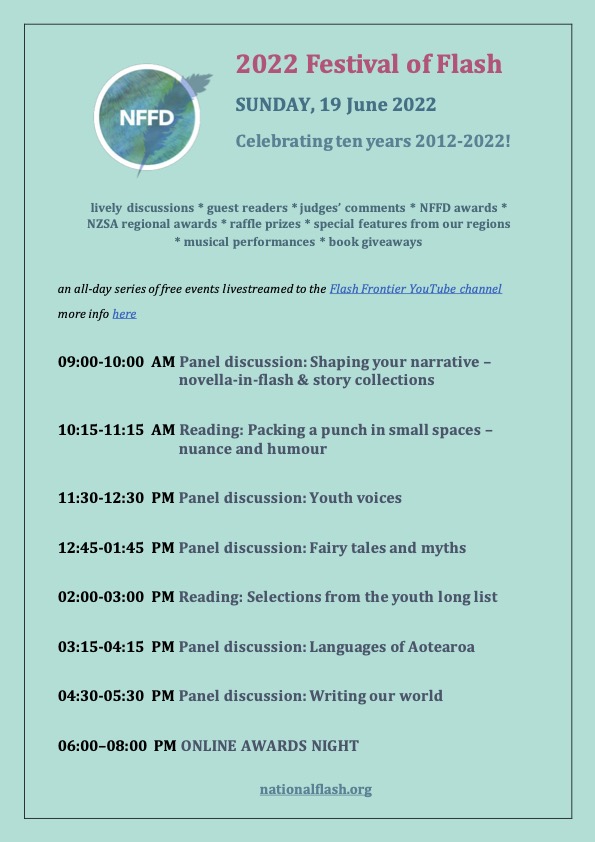
Strays & Waifs: A Chasing Ghosts Mystery, by Mandy Hager (The Cuba Press, 2024), 286 pp. See https://mandyhager.com/chasing-ghosts/ and https://thecubapress.nz/shop/strays-and-waifs/
Reviewed by Tim Jones
I heard Mandy Hager read the first chapter of Strays & Waifs on a climate fiction and poetry panel at Newtown Library. It was a gripping description of a house destroyed by flood as the person living there, the novel’s protagonist Bella, can only watch in horror.
We learn that Bella is a climate fiction author and former climate activist, and both these aspects play into the narrative, but this is a murder mystery with a supernatural component. The novel does not follow the path I was expecting, but once I had recalibrated my expectations I got fully on board with the new direction.
I called Bella the protagonist above, because we meet her first and gradually learn about her past as a climate activist and how what happened then has led to deep trauma that still affects her in the present. That, and an unwelcome reminder of her past who turns up in the present, is one of the ghosts present in the story, but far from the only one.
That brings us to Freyja, the other protagonist – I think she is central enough to this story that she crosses the porous line between important secondary character and protagonist. Freyja has some unusual abilities which Bella initially recoils from – as did I as a reader at first; but Mandy Hager shows with great skill how Bella comes to tolerate and then accept those abilities, which come in mighty handy as the pair become involved in bringing justice to the dead and rescue to the living.
I know people very like Bella, so I had no difficulty believing in her as a character; I don’t know many people like Freyja, but she is so well-drawn that I soon found myself believing in her as well.
Mandy Hager writes with tremendous immediacy. And this is no drawing-room mystery: there is action too, vividly described action in which the skills Bella learned as a committed direct activist come into play. As a reader, I felt myself slipping in mud, I felt branches slap my face as I ran through the bush with a bad actor in hot pursuit.
The identity and nature of the villain is all too plausible – all too depressingly plausible – but they’re not exactly subtle, and I would have welcomed a bit more misdirection in that regard. Though, looking at the world around us, villains now delight in boasting of their villainy – so maybe I’m the one clinging to outdated expectations?
There are some really satisying punch-the-air moments in this book, and if the biggest one for me is when Bella turns to the New Zealand Companies Register database to find vital information, equally satisfying moments are also there for people who are less interested in deep-dive research into corporate villains than I am!
Strays & Waifs does justice to its premise, to its main and secondary characters, and to the reader, and starts to pull on the dangling threads of Bella’s past in ways that make me excited for the possibility of further “Chasing Ghosts” mysteries. Very little stays hidden forever.



